From the Chem Lab to the Community
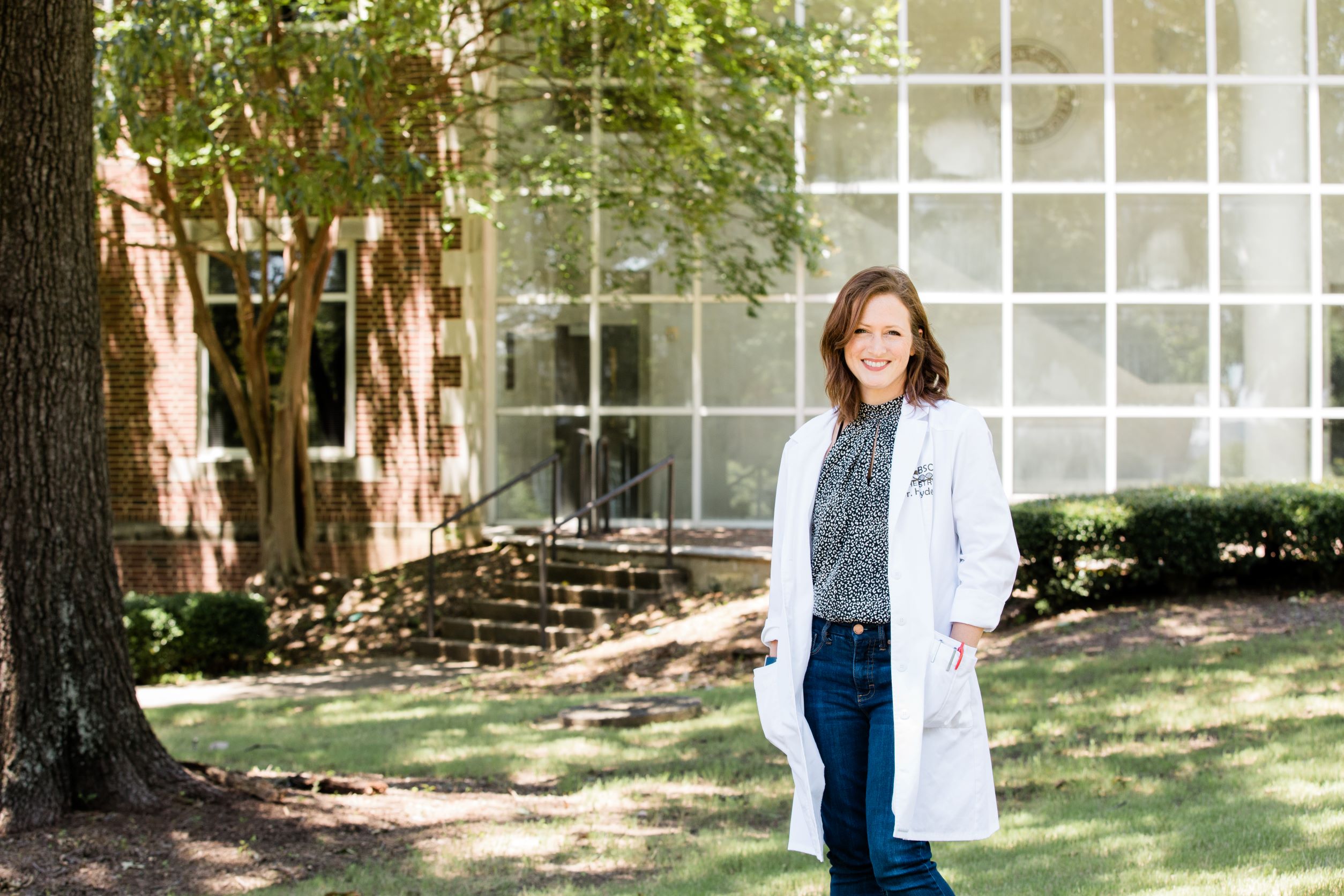
As an undergraduate biology student, Associate Professor Dr. Kate Hayden became “a reluctant chemistry major.” Ever since, she has watched chemistry become her passion that she has explored throughout her academic career.
Hayden, associate professor of chemistry, has taught at Birmingham-Southern since 2014, and her range of experience makes her a model mentor for science students, especially those interested in pre-health studies and public health.
After she graduated from the University of Montevallo, Hayden worked as an analytical chemist for a pharmaceutical company for four years before attending graduate school. She received her master’s in chemistry and her Ph.D. in biophysical chemistry from UAB.
“I was still straddling the world between biology, chemistry, and physics,” she says. “That’s when I fell in love with teaching.”
Hayden was always interested in studying physiology at the cellular and molecular level, and chemistry served an important role in examining symptoms from infection and why they occur. This area of study is integral to her research focus – characterizing drug targets for infectious diseases.
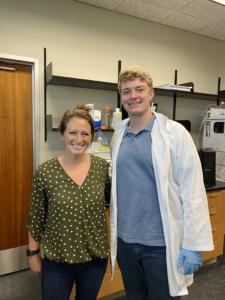
Hayden with junior Garrett Thrash during his biochemistry research in summer 2021. They worked on the characterization and X-ray crystallography of the enzyme GAPDH in order to assist in designing more effective drugs to treat infection.
Among her courses at BSC – which include biochemistry, medicinal chemistry, and introductory chemistry – Hayden’s course in advanced biochemistry gives students the opportunity to assist with research.
“We look for key proteins and biochemical pathways of microorganisms and how to inhibit those organisms in order to cure infections,” she says. “We look at those drug targets and characterize them so that chemists downstream of us can design the drugs.”
Advanced biochemistry and medicinal chemistry both present great experience for any of Hayden’s students interested in the healthcare field. Medicinal chemistry explores how chemists design drugs and what the process looks like, along with many service-learning components that look at the drug approval process through the lens of community and public health.
“Even students who are going into allied health are interested in how we design drugs, and that starts with the drug targets,” Hayden says. “I get a lot of students who take both bio chem and med chem to get the full picture on how we get a drug from the benchtop to the market to the patient. I think a lot of undergrad courses and grad courses stop at getting the drug to the market, but that’s just one hurtle.”
This is where service learning comes into the class, and students work with community partners to see different hurtles in making medicine accessible to the public and offering equitable treatment options. Hayden’s medicinal chemistry classes have partnered with Girls Inc., Southern Research STEM Outreach, and M-Power Ministries Health Clinic, a free clinic for uninsured and underinsured Jefferson County residents.
Recent classes have discussed COVID-19 and watched closely as the virus spread and a vaccine was developed, approved, and distributed, while learning the same thing in the classroom. Medicinal chemistry and all her courses present applicable and crucial skills for future healthcare workers from the chemistry side as well as the public health side.
“We see how we can apply science in lots of ways, and that science does not solely operate in a lab or a clinic,” Hayden says. “There is a community aspect, a political aspect, and a cultural aspect that we need to think about if students want to be effective physicians, nurses, and dentists who make a significant impact in the community.”
Aside from her upper-level courses, Hayden still loves to teach the introductory chemistry course. She brings forensics into the class to engage non-majors, and she finds that a lot of them cultivate an interest in chemistry, just like she once did as a student.
“It might be my favorite course just because it’s my opportunity to turn people on to chemistry,” she says. “There’s a lot of anxiety around chemistry, but when I teach it with this forensic lens, everybody loves solving a crime. It’s a way to make chemistry accessible and exciting.”
Hayden is also working on a video series with faculty from Rhodes and Washington and Lee that spotlights a diverse range of chemists (including Hayden herself and several BSC students) that will be integrated into first-year chemistry courses. As a valuable resource with a wide range of lessons, Hayden and others involved in the project wanted to recognize that – despite chemistry being a majority white male field – all students should be able to admire chemists that look like them.
In her courses and on-campus work, Hayden finds a way to uncover the important and powerful aspects of chemistry “that can sometimes get lost in the science.” For any science student, and especially those interested in health careers, she wants to prioritize that discovery at the undergraduate level.
 This story was included in a special health careers edition of From the Hilltop, Birmingham-Southern’s alumni email newsletter.
This story was included in a special health careers edition of From the Hilltop, Birmingham-Southern’s alumni email newsletter.
You can email [email protected] to get in touch with the Office of Alumni Engagement, learn about upcoming opportunities and events, and tell us more about you.
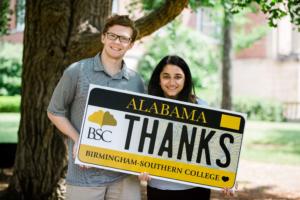
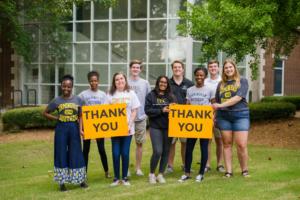

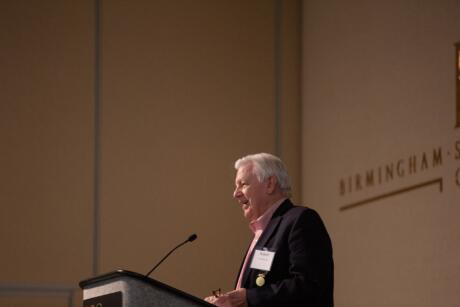
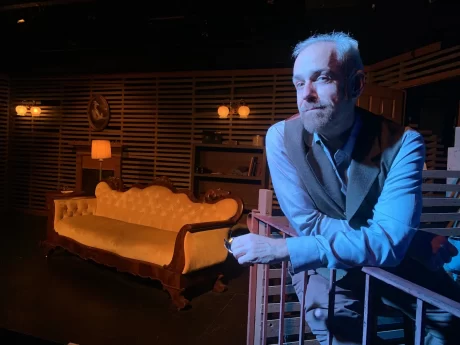
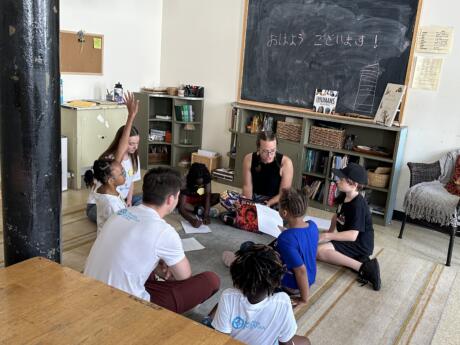
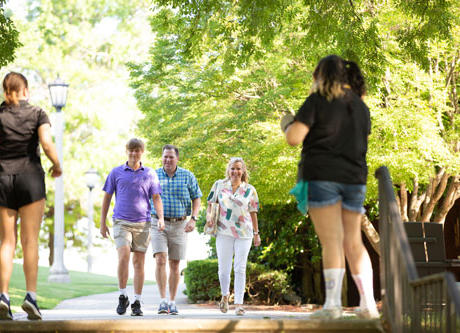
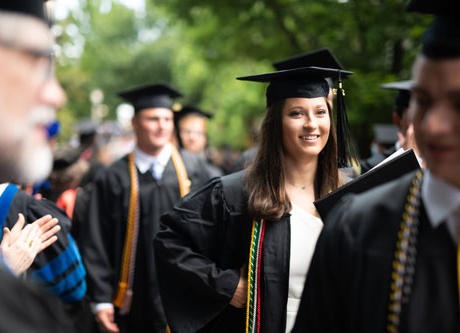

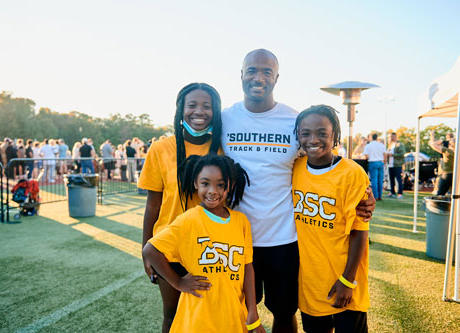
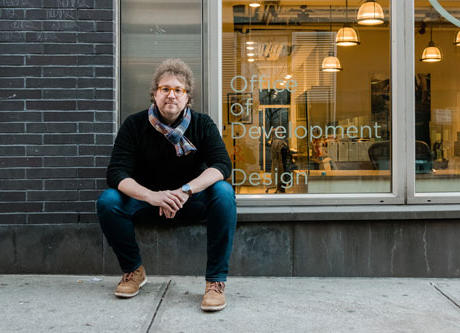
// Comments are closed //